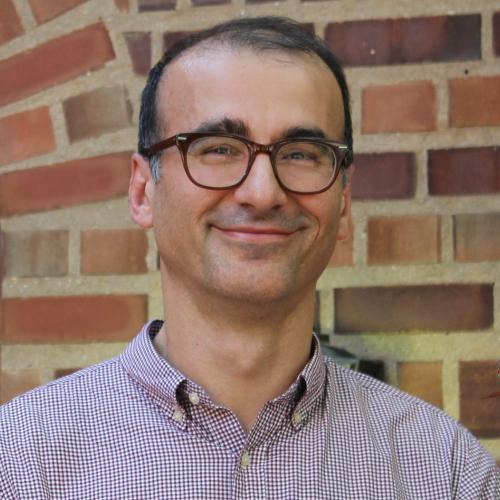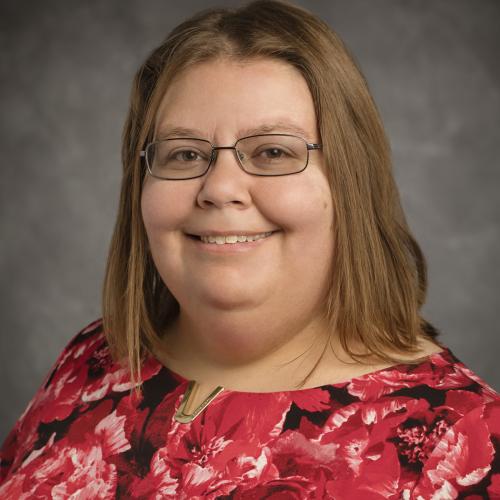A new project led by Associate Professor Halil Kilicoglu and Associate Professor Jodi Schneider will assist researchers and journals in evaluating citation behavior in biomedical publications. They recently received a two-year, $300,000 grant from the Office of Research Integrity of the U.S. Department of Health and Human Services for their project, "Natural Language Processing to Assess and Improve Citation Integrity in Biomedical Publications."
While citations play a fundamental role in the diffusion of scientific knowledge and assessment of research on a topic, they are often inaccurate (e.g., citation of nonexistent findings, inappropriate interpretation). This inaccuracy undermines the integrity of scientific literature and distorts the perception of available scientific evidence.
"A recent meta-analysis showed that 25.4 percent of medical articles contained a citation error," said Kilicoglu. "A bibliometric analysis revealed that inaccurate citations of a letter published in 1980 may have contributed to the opioid crisis."
For their project, Kilicoglu and Schneider will develop and validate resources and natural language processing/artificial intelligence models to aid stakeholders in assessing biomedical publications for citation accuracy and integrity. Stakeholders who will benefit from these new models and tools include authors, journals and peer reviewers, research administrators, funders, and policymakers.
"In the long term, these new resources can mitigate the detrimental effects of poor citation practices," said Kilicoglu.
Kilicoglu's research interests include biomedical informatics, natural language processing, knowledge representation, scholarly communication, and scientific reproducibility. Prior to joining the iSchool faculty, Kilicoglu worked as a research scientist at the U.S. National Library of Medicine, National Institutes of Health. He holds a PhD in computer science from Concordia University.
Schneider studies the science of science through the lens of arguments, evidence, and persuasion. Her long-term research agenda analyzes controversies applying science to public policy; how knowledge brokers influence citizens; and whether controversies are sustained by citizens' disparate interpretations of scientific evidence and its quality. Schneider holds a PhD in informatics from the National University of Ireland, Galway, and master's degrees in library and information science from the University of Illinois and mathematics from the University of Texas at Austin.

